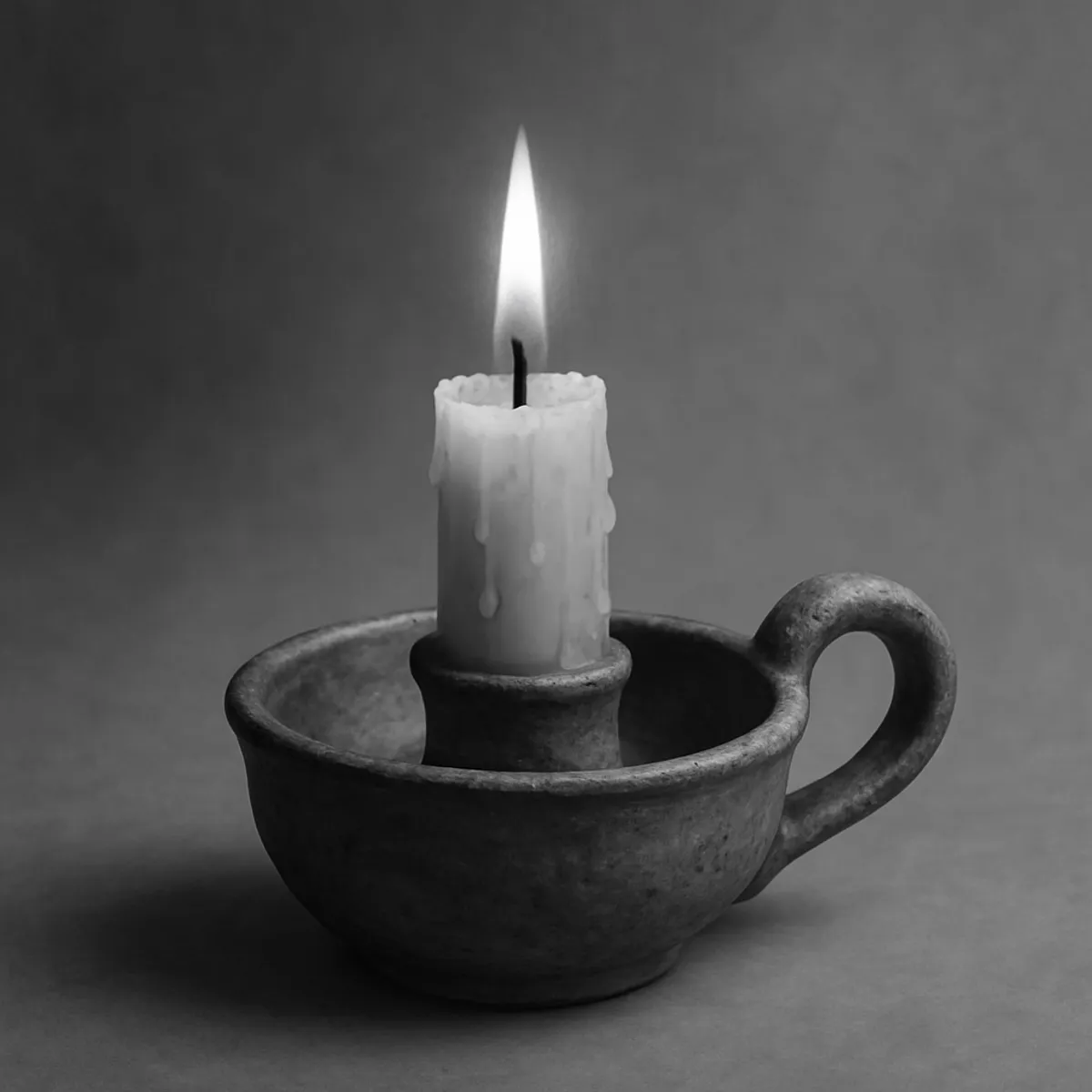
Writing About Faith in a Pluralistic World
- David Hamilton
- June 30, 2025
- 3 mins
- Faith
- featured pluralism writing
What does it mean to write about faith when your readers may not share it?
Or worse—when they assume you’re trying to convert them?
If you’re someone whose writing is shaped by faith—deep convictions, sacred texts, or a sense of the divine—you’ve probably felt this tension:
How do I speak truthfully without sounding like a missionary in disguise?
I’ve sat with this question for years. And for me, the answer starts with a simple but demanding idea:
Pluralism is not relativism
To live in a pluralistic world is not to live among strangers. It is to live among neighbors whose stories are written in different keys.
I believe in a truth that orients my life. But I’m called to live—and write—among people animated by truths that sometimes contradict or even confound my own.
That’s the paradox. And also the invitation.
Narrative hospitality, not narrative conquest
Pluralism, as I’ve come to understand it, asks for a kind of narrative hospitality.
It does not demand that I flatten the stories of others into caricature.
It does not require me to smuggle in my beliefs under cover of metaphor.
It asks that I be present. Honest. Curious.
That I write as a witness—not as a conqueror.
I tell what I have seen.
And I listen when others tell what they have seen.
That’s what changes everything.
Not conversion
My faith is not diluted when I write alongside Buddhists, Jews, agnostics, or doubters.
It becomes more honest, more curious, and more accountable.
Pluralism challenges me to write without code.
To resist cloaking my convictions in insider language that obscures more than it reveals.
It asks:
Can someone who does not share my beliefs still see the beauty I see?
Still feel the weight of what I hold sacred?
At the same time, pluralism permits me to be forthright.
I do not need to apologize for the shape of my inner world.
Pluralism is not offended by conviction—it is offended by contempt.
The narrow but holy path
For a writer of faith, this is a narrow but holy path.
Not a tightrope.
A trail.
Rugged, communal, and well-worn.
Along the way, I walk beside those whose gods are not mine, whose metaphors are unfamiliar, whose rituals unsettle or enrich me.
And sometimes—miracle of miracles—our stories rhyme.
When that happens, I remember what pluralism makes possible:
A resonance that does not depend on complete agreement.
Recognition of value that does not demand conversion.
And I remember why I write:
Not to win, or pursuade, But to witness and to make room,
And in that room, to meet.
The conversation
If you’re a writer trying to speak from a place of faith in a world that’s pluralistic, I’d love to know:
- What helps you stay honest without being pushy?
- Have you ever felt the pressure to soften your convictions—or to overstate them?
- How do you handle the tension between beauty and belief in your work?
You’re not alone in this. And the path, while narrow, is full of good company.